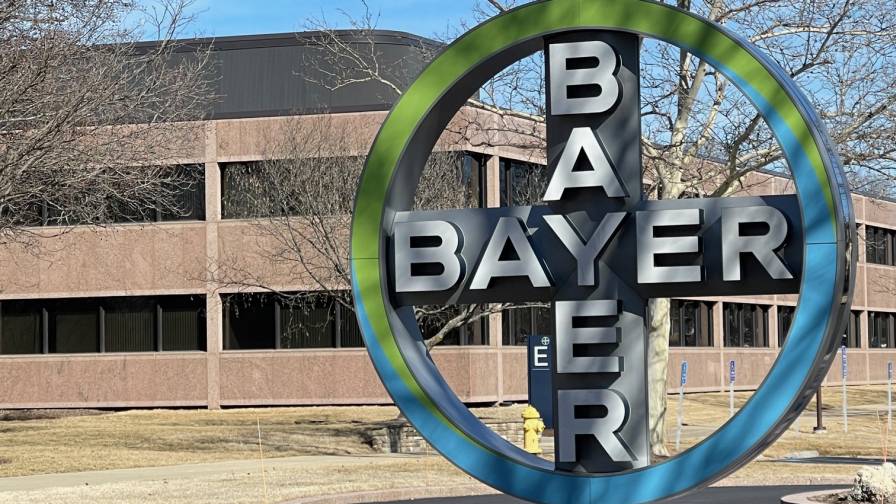Rising EU Food Costs Raise GM Questions
Despite the pressure on European governments to approve genetically modified (GM) food as food prices rise, there are still those who warn against such a move.
Several government ministers and executives have called on the European Union (EU) to drop the GM seeds blockade as agribusiness companies — including Monsanto Co. of St. Louis, MO, and Switzerland’s Syngenta AG — tout the productivity-enhancing potential of the new generation of designer crops.
The EU has not approved a GM seed since 1998. GM crops are rare — some are grown in Spain, few elsewhere — though imports of GM feed for farm animals have been allowed.
The U.S., Canada, and much of South America have approved several varieties of GM seeds for human and animal consumption; most of the American corn crop comes from such seeds.
The latest plea came last week from Peter Brabeck, chairman of Nestlé SA, the world’s biggest packaged foods company, with a market value of $180-billion. "You cannot today feed the world without genetically modified organisms," he told the Financial Times of London. "We have the means to make agriculture sustainable in the long term. What we don’t see for the time being is the political will."
But political resistance seems to be melting away as food becomes unaffordable in the poorest countries and more expensive in Europe. British Prime Minister Gordon Brown last week endorsed the launch of a new EU study into whether commercial GM crop production could help bring down food prices. His support came after the European Commission said GM crops could "play an important role in mitigating the effects of the food crisis."
The British government is not united on changing GM food policy and elsewhere in the EU, the GM debate is far from decided. Polls show that Europeans are generally wary of GM foods and France recently banned the planting of GM corn. Germany, meanwhile, has enacted a law allowing foods to be labelled "GM Free," a move that has been fought by the biotech food companies. Switzerland, which is not an EU member, has banned the cultivation of GM plants at least through 2010.






